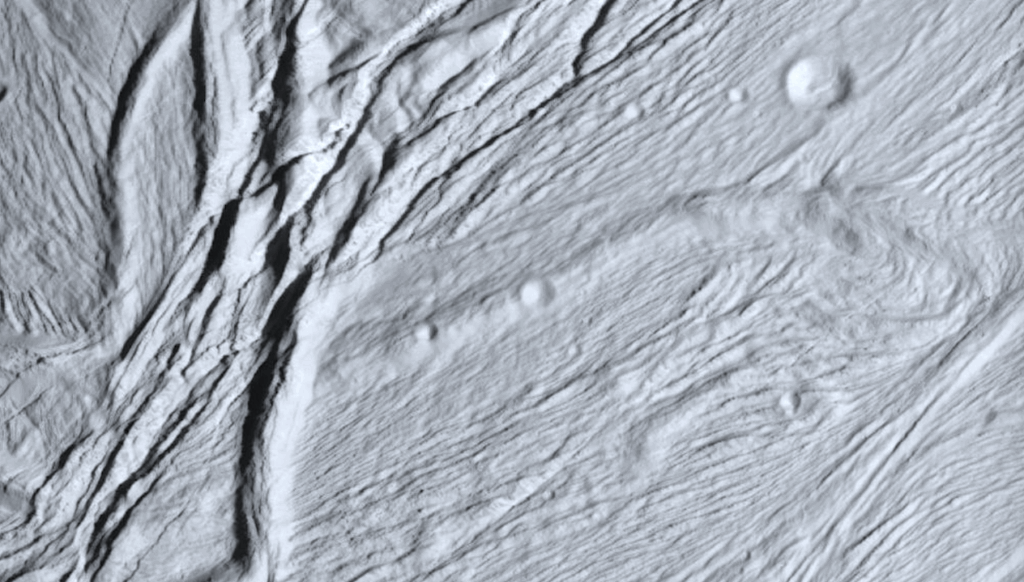New Insight Into Solar System Transition Disk Phase by Unusual Meteorite Isheyevo

Many aspects of planet formation are controlled by the amount of gas remaining in the natal protoplanetary disk (PPDs).
Infrared observations show that PPDs undergo a transition stage at several Myr, during which gas densities are reduced. Our Solar System would have experienced such a stage. However, there is currently no data that provides insight into this crucial time in our PPD’s evolution. We show that the Isheyevo meteorite contains the first definitive evidence for a transition disk stage in our Solar System.
Isheyevo belongs to a class of metal-rich meteorites whose components have been dated at almost 5 Myr after the first solids in the Solar System, and exhibits unique sedimentary layers that imply formation through gentle sedimentation. We show that such layering can occur via gentle sweep-up of material found in the impact plume resulting from the collision of two planetesimals. Such sweep-up requires gas densities consistent with observed transition disks. As such, Isheyevo presents the first evidence of our own transition disk and provides new constraints on the evolution of our solar nebula.
Melissa A. Morris, Laurence A. J. Garvie, L. Paul Knauth (Submitted on 4 Dec 2014)
Comments: submitted to The Astrophysical Journal Letters
Subjects: Earth and Planetary Astrophysics (astro-ph.EP)
Cite as: arXiv:1412.1818 [astro-ph.EP] (or arXiv:1412.1818v1 [astro-ph.EP] for this version)
Submission history From: Melissa Morris [v1] Thu, 4 Dec 2014 20:59:09 GMT (4858kb,D) http://arxiv.org/abs/1412.1818








